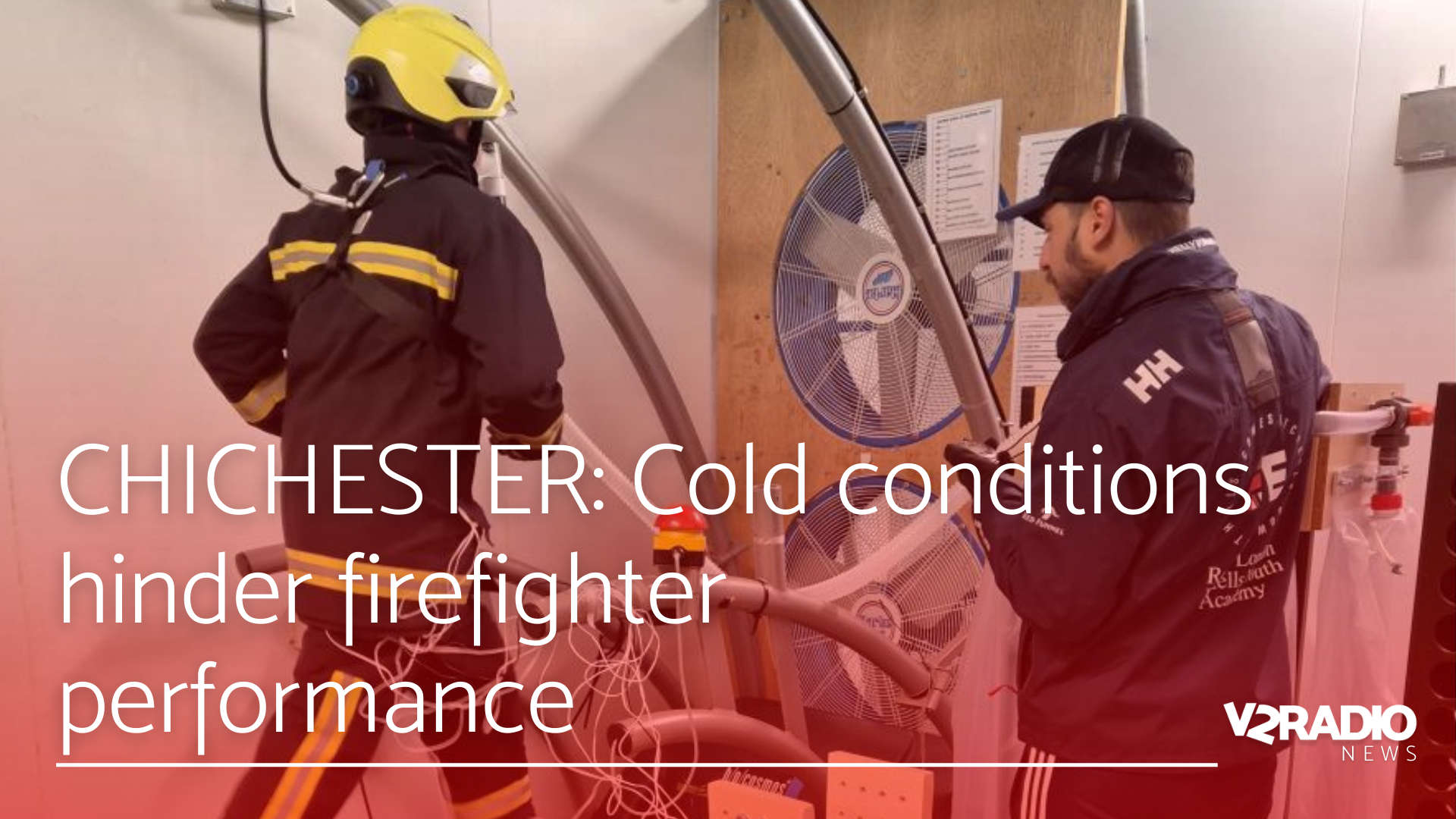
Firefighters working in extreme cold face a sharp decline in memory, decision-making and dexterity, according to new research from the University of Chichester.
The study, carried out in the university’s environmental chamber, tested participants on simulated search and rescue tasks at minus 10 degrees Celsius compared with a more typical five degrees.
Researchers Marcus Peach (MSc Sport & Exercise Psychology and PhD student) and Kamran Ewbank (MSc Sport & Exercise Physiology) found that freezing conditions had a marked impact on cognitive performance. Visual decision-making and spatial memory were impaired, response times slowed by 9%, and spatial recall and working memory dropped by 35%.
Participants also reported feeling 14% higher mental effort and a 23% greater workload when working in the cold, despite no major changes in heart rate or core temperature.
Physical performance was affected too. Grip strength fell by 12% and tool dexterity worsened by 15%, while larger gross-motor tasks, such as casualty drags, were largely unaffected.
The research team says the findings are significant because while firefighter performance in hot conditions has been studied extensively, there has been far less focus on cold environments. Yet search and rescue operations are often conducted in freezing climates, where impaired reaction times and reduced dexterity could prove critical.
The university hopes the results will inform training and preparation for emergency services personnel who may be deployed in extreme cold conditions in the future.
Marcus said: “The project has highlighted several key challenges participants face from a cognitive performance and efficiency perspective, this topic would benefit from more research given the potential for consequences if cognitive performance is below optimal.
“I’m hoping this interdisciplinary project will encourage other academics to explore the interplay between systems, creating a holistic human factors view of search and rescue and other occupations.”
Kamran added: “This project has helped create a more comprehensive picture of Urban Search and Rescue in the cold by combining cognitive, operational, and physiological measures.”
The pair made the following conclusions from their study:
- Cognitive efficiency may decline before performance visibly drops, posing hidden risks during time-critical operations.
- Leadership roles, requiring information encoding and recall, may be especially vulnerable under cold stress.
- Rescues in diminished visibility or confined spaces may suffer due to reduced spatial working memory.
- Dexterity-reliant tasks should be sequenced earlier in missions or conducted in sheltered environments.
- Cold and cool conditions may present thermoregulatory challenges due to metabolic heat production and insulative PPE combined with physically demanding tasks.
- Perceptual monitoring tools (e.g. thermal comfort, mental effort scales) should complement physiological metrics in deployment planning.

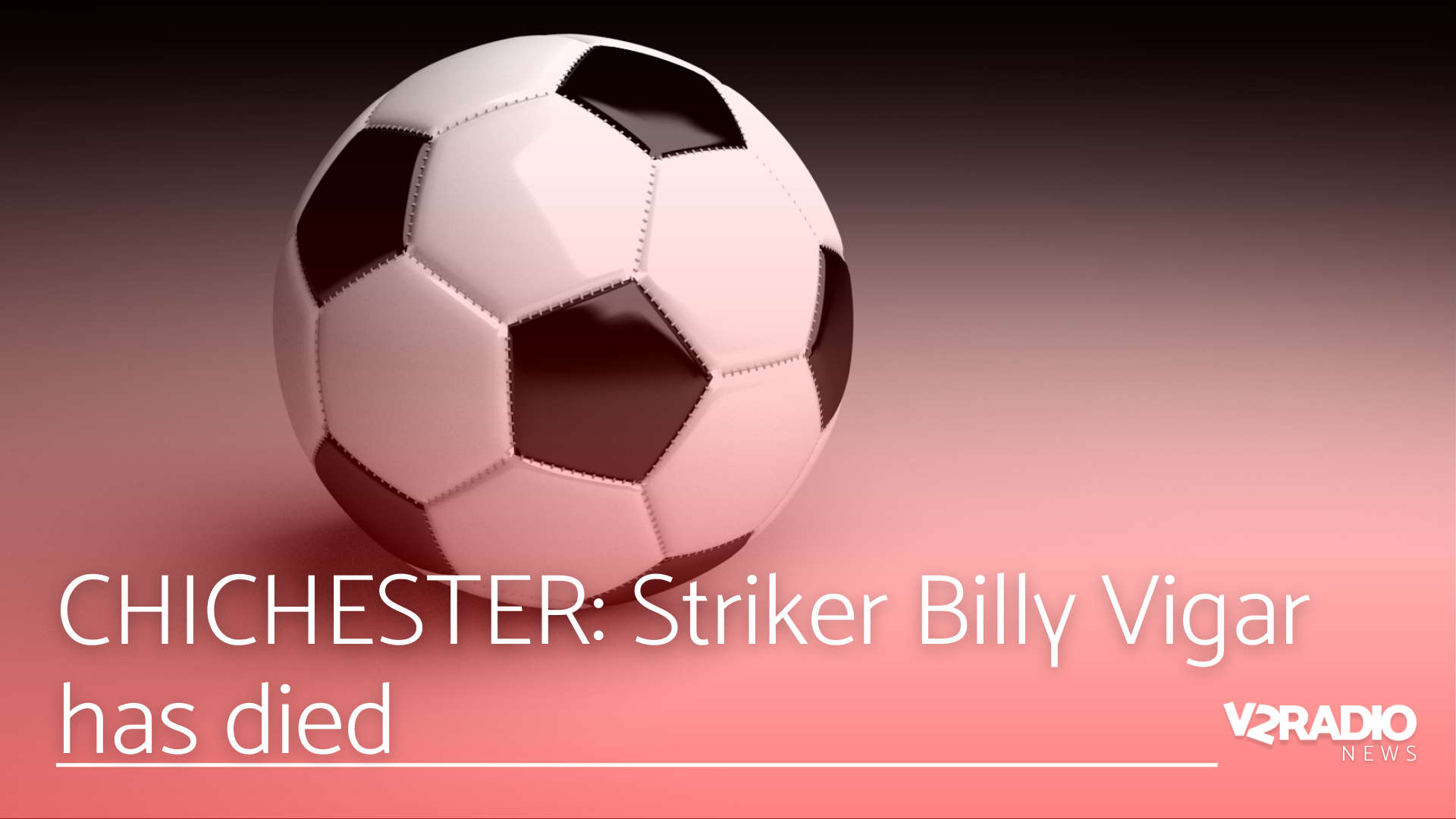 Chichester City FC striker Billy Vigar has died
Chichester City FC striker Billy Vigar has died
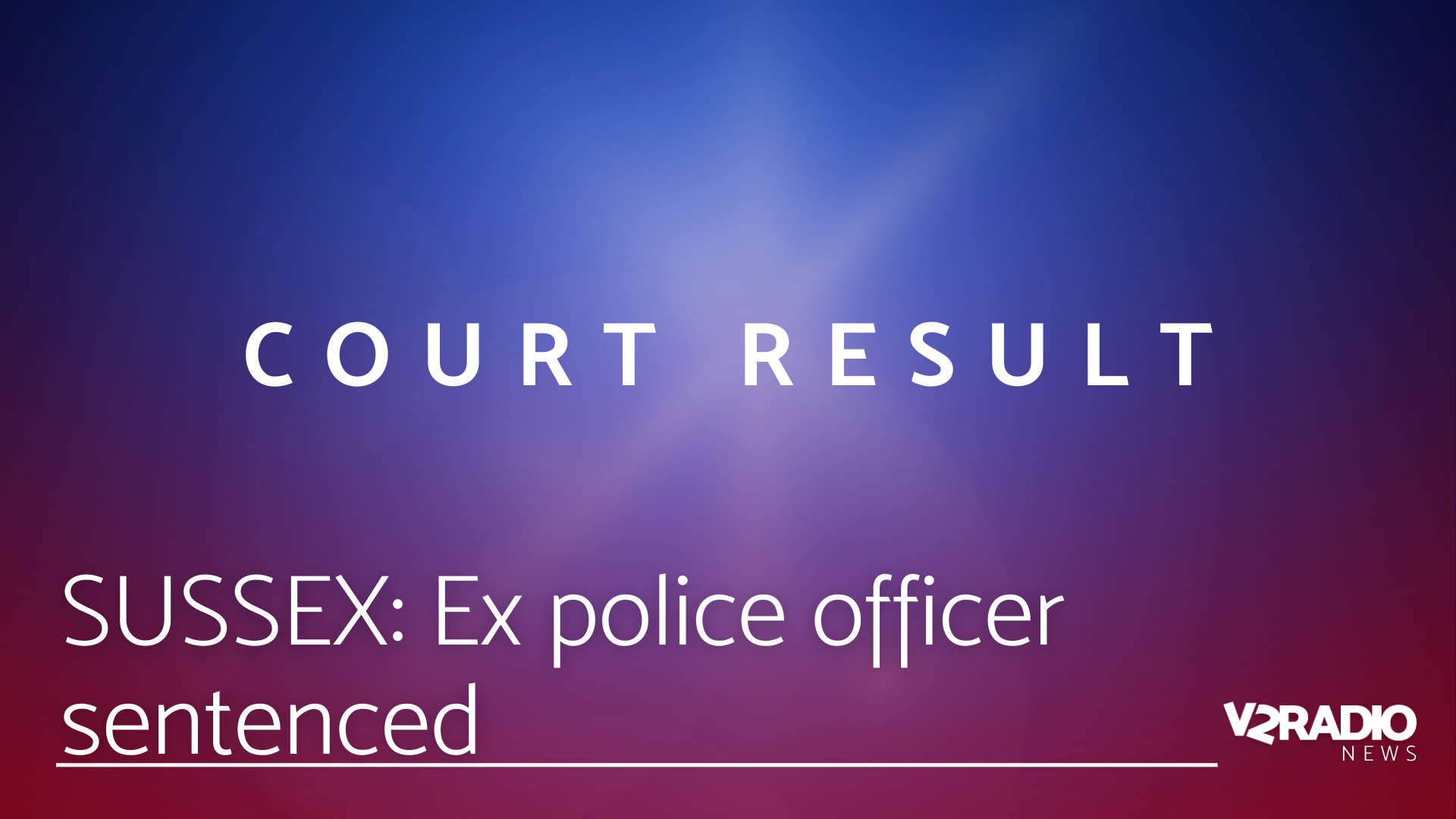 Former Sussex police officer sentenced for causing collision while on-duty
Former Sussex police officer sentenced for causing collision while on-duty
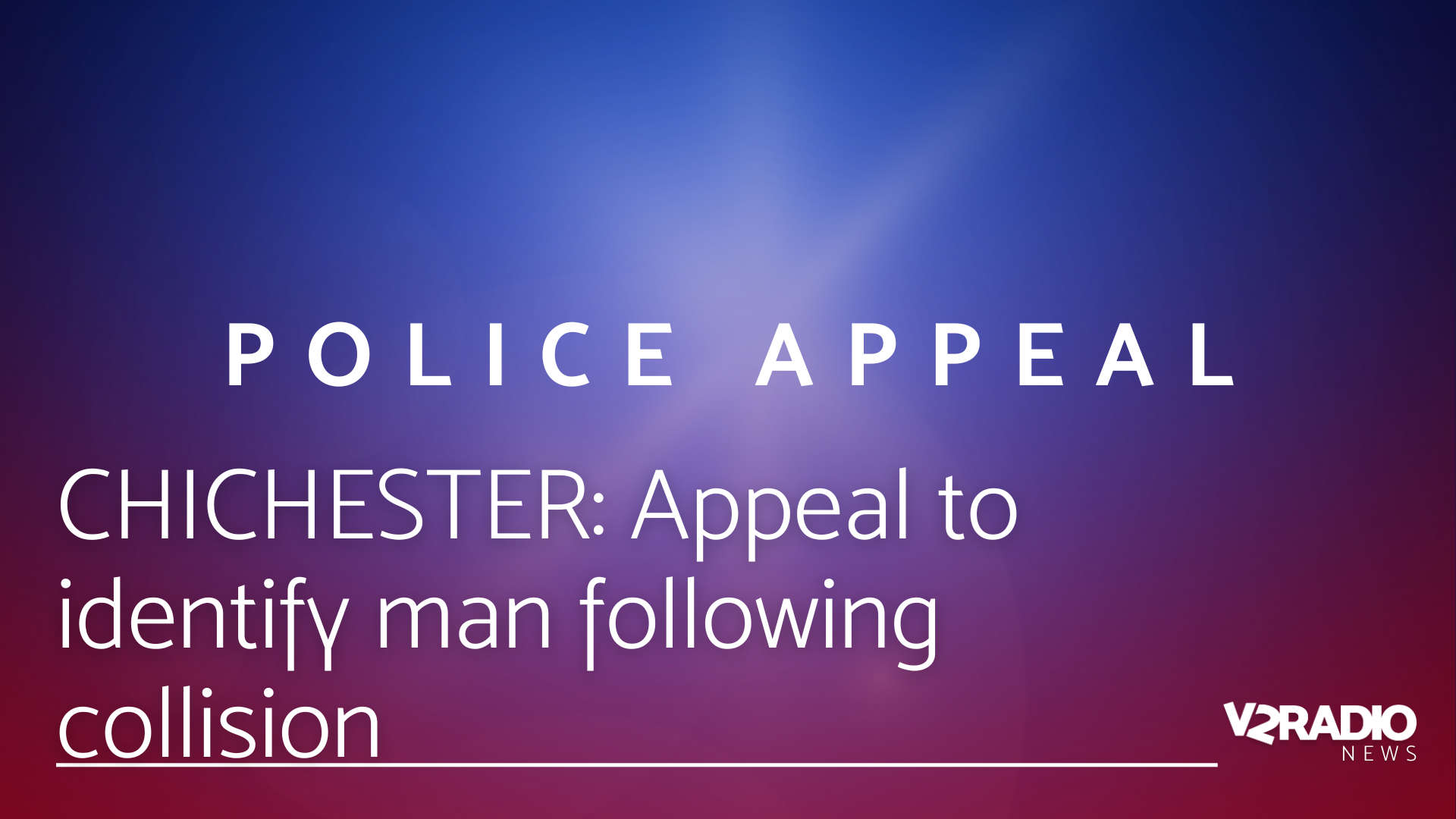 Appeal to identify man following collision near Chichester
Appeal to identify man following collision near Chichester
 Redesigned mental health services coming to West Sussex and Brighton and Hove
Redesigned mental health services coming to West Sussex and Brighton and Hove
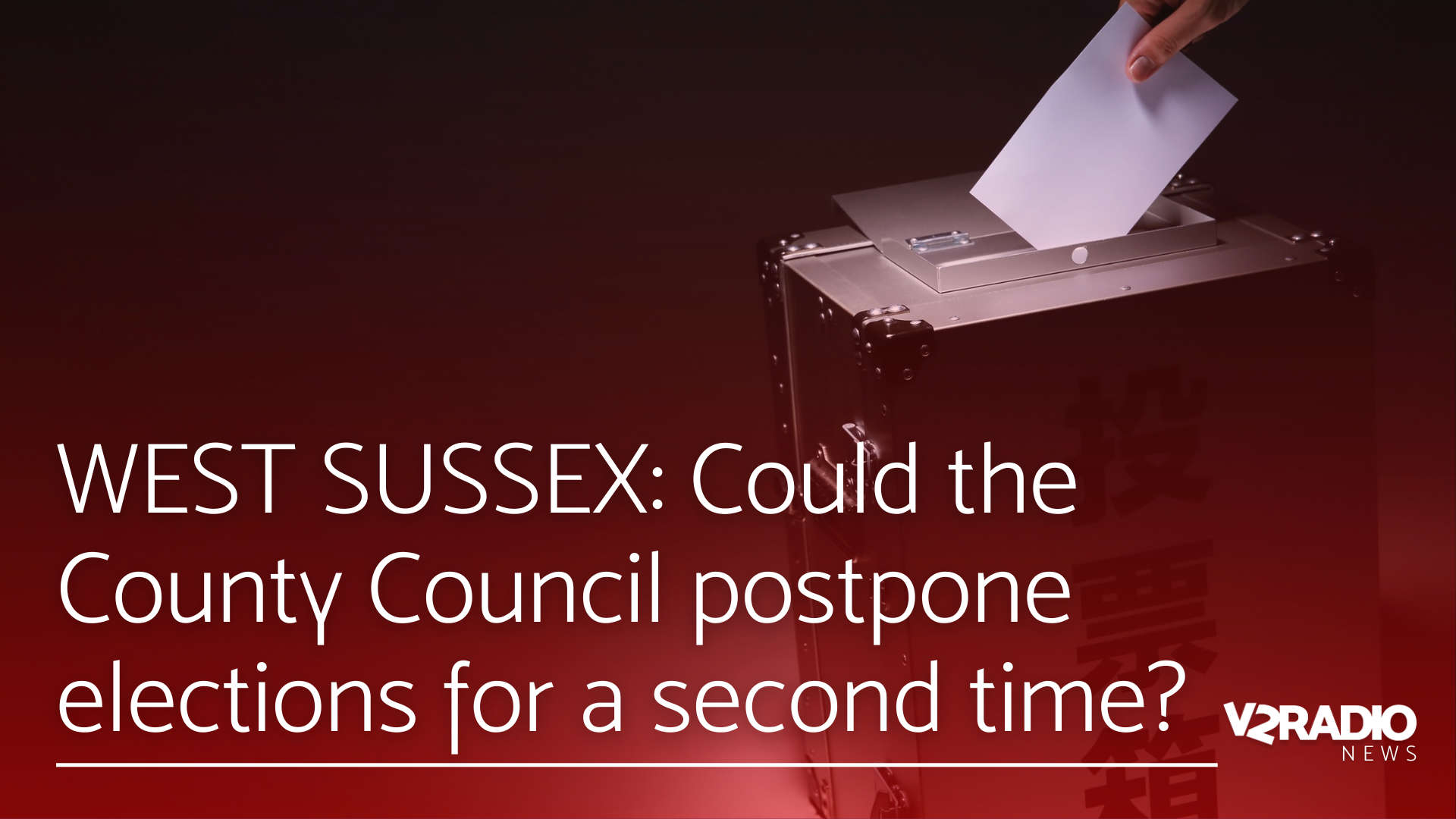 Could West Sussex County Council postpone elections for a second time?
Could West Sussex County Council postpone elections for a second time?
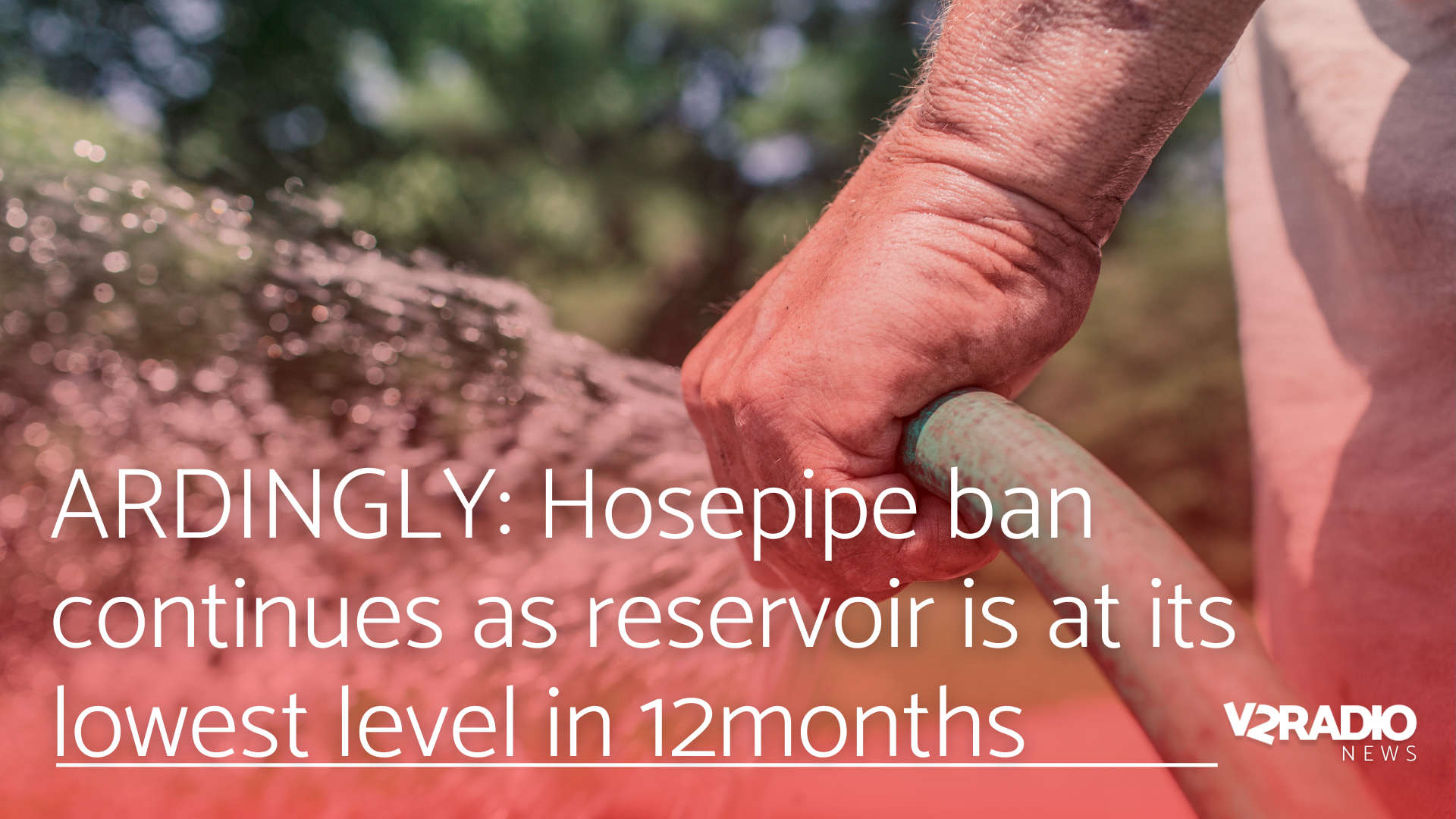 Hosepipe ban continues as Ardingly Reservoir is at its lowest level in 12months
Hosepipe ban continues as Ardingly Reservoir is at its lowest level in 12months
 England boxing coach Mick Driscoll guilty of sexual assault
England boxing coach Mick Driscoll guilty of sexual assault
 Stay away from Chennell's Brook in Horsham
Stay away from Chennell's Brook in Horsham
 From learner to licensed: a support guide for parents and guardians of new drivers in West Sussex
From learner to licensed: a support guide for parents and guardians of new drivers in West Sussex
 Arrest in West Sussex in connection with airport cyber attack
Arrest in West Sussex in connection with airport cyber attack






